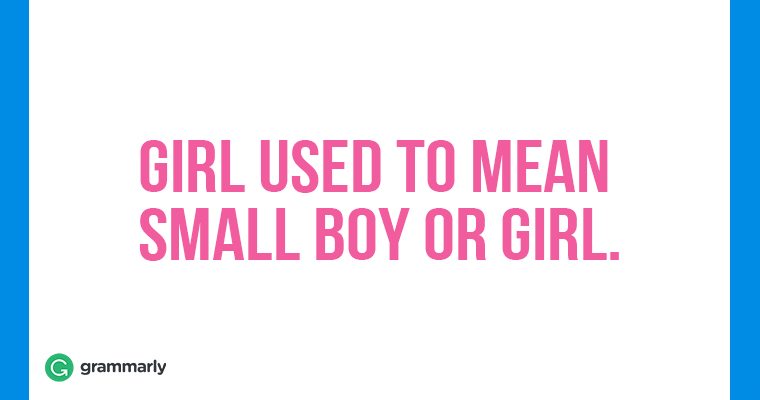Did you know that enneacontakaienneagon is actually a word in the English language? (And you thought pronouncing supercalifragilisticexpialidocious was difficult?). In fact, the meaning of the word is just as bizarre as the word itself: it’s a shape with ninety-nine sides.
Compared to other languages, English may seem simple, but that is probably because most people don’t realize it is full of crazy inventions, misinterpretations, mistakes, strange words, and needless words!
Let’s take a look at ten interesting facts about the English language:
1. “I am” is the shortest complete sentence in the English language.
2. A pangram sentence is one that contains every letter in the language.
For example, the sentence “The quick brown fox jumps over the lazy dog” is a pangram.
3. Supercalifragilisticexpialidocious (*breath*) is NOT the longest word in English.
This extra long word (that approximately means “fantastic”) was popularized by the movie Mary Poppins and was eventually added to the dictionary. What you probably didn’t know is that there is a word that is longer—yes longer—than this one. Pneumonoultramicroscopicsilicovolcanoconiosis is a type of lung disease caused by inhaling ash and dust. Go ahead and try pronouncing that!
4. There are “ghost words” that mean nothing.
Believe it or not, there are some words that appeared in the dictionary because of printing errors. The nonexistent word “dord” appeared in the dictionary for eight years in the mid-20th century. It became known as a “ghost word.”
5. The shortest, oldest, and most commonly used word is “I.”
Medieval manuscripts reveal that some of the oldest words in English are “I,” “we,” “two,” and “three.” This makes “I” one of the shortest and oldest words in the English language. It is also the most commonly used word in English conversations.
6. A new word is added to the dictionary every two hours.
Between now and your next meal, a new word will be put into the dictionary. During the course of the year, almost 4,000 new words are added! So, the next time you try to catch the attention of thedissertation committee, try adding some new words to your project.
7. There’s a name for words that we repeat often.
Words we always use even though they add no meaning or value to a sentence are called crutch words. For example, in the sentence “Then I was like, OMG, then like, he went there, and like…” it is pretty obvious that “like” is the crutch word. “Actually,” “honestly,” and “basically” are also commonly used as crutch words.
8. Swims will be swims even when turned upside down.
Such words are called ambigrams.
9. English is the language of the air.
This means that all pilots have to identify themselves and speak in English while flying, regardless of their origin.
10. Girl used to mean small boy or girl.
The word “girl” was not initially used to refer to a specific gender. It used to mean “child” or “young person” regardless of the gender.
















